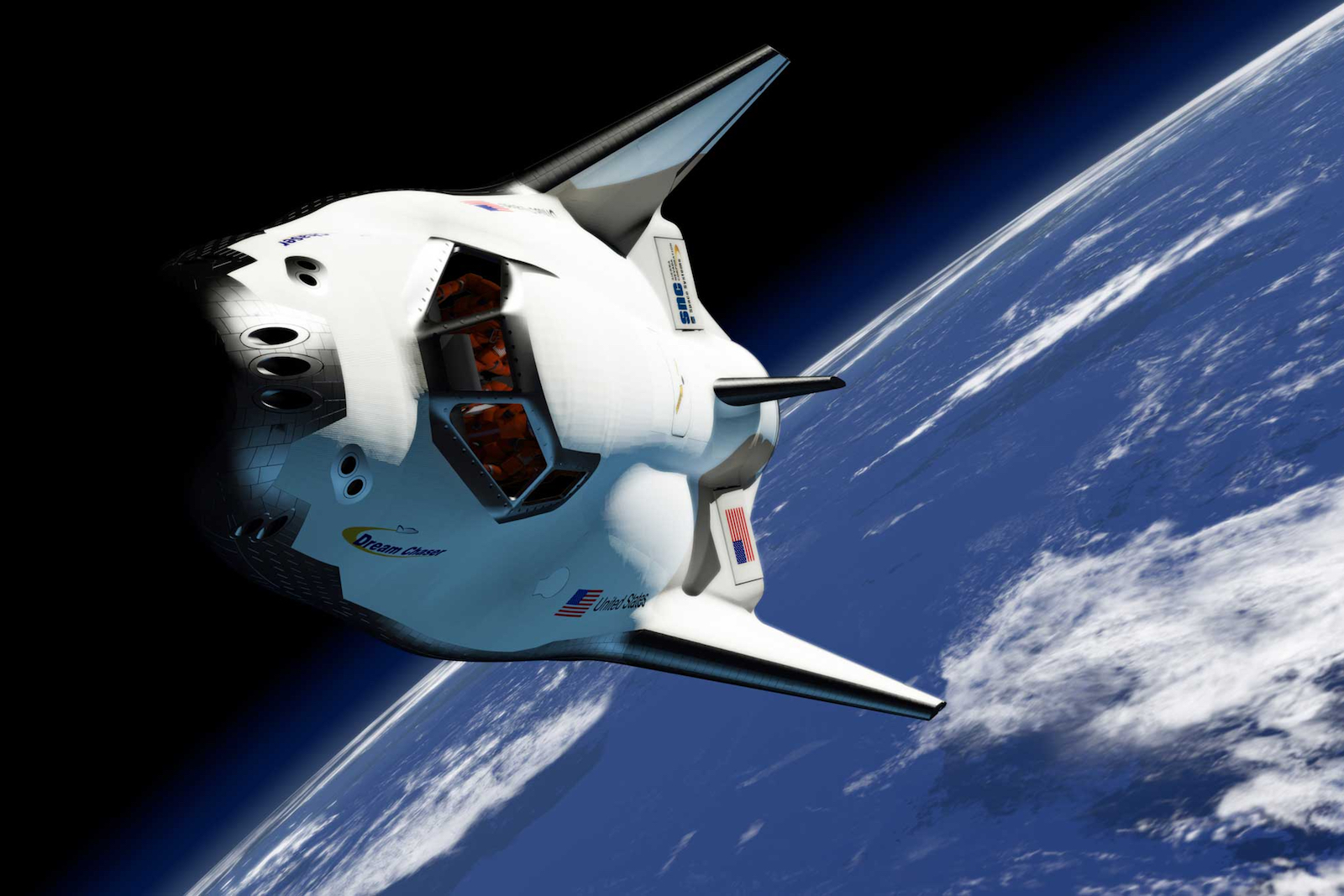
Tech
Maintaining U.S. Space Primacy during China’s Rise
Has space exploration just become too costly, politically unappealing, or both? In the 1960’s, the U.S. and the then-Soviet Union, whose publics where fueled by the tensions of the Cold War, found themselves as pioneers of space travel and exploration technology. Now with a space race that’s no more, the political will and pursuit of going into “the beyond” has garnered a lackluster appeal by policymakers. And it’s showing in both Washington and Moscow.
This past September at a recent Congressional hearing, Neil Armstrong, the iconic figure in space exploration history, had nothing but rebuke for the current NASA program, calling it “embarrassing and unacceptable.” His fellow colleague Eugene Cernan described the current U.S. space program as “on a path to decay.”
Their concerns and criticism follow the final flight of the Discovery shuttle back in February. The event marked an end to the U.S. manned space shuttle missions. In addition to axing programs, NASA’s 2011 budget has also seen a $240 million cut from last year’s numbers. Even unmanned projects such as the Mars Mission, which would send a rover onto the red plant’s service, is under threat of being shelved due to Congressional budget constraints.
Russia has not fared any better. This past week, a $163 million Russian Mars probe, the Phobos-Grunt, failed to leave the Earth’s orbit on its course to Mars. The technical failure comes at a time when Russia’s space program has been experiencing consecutive flops.
Last December, a Russian rocket carrying three navigation satellites crashed into the Pacific Ocean after launch. Then the following February, the Russian space program failed to connect with a research military satellite that was sent into the wrong orbit. And in the month of August, another satellite was lost in orbit and then later a rocket crash destroyed a space cargo ship. And much like the U.S., Russia has suffered from budget cuts along with a rapidly aging generation of scientists and specialists.
While the U.S. and Russia wane in their once prestigious space programs, China has been excelling. Beijing has made immense progress and investments in its domestic space program. In 2003, it conducted its first successful space human flight and by 2007 blasted its first anti-satellite missile in space, targeting an aged weather satellite. By 2016, Beijing anticipates building its own space station. This is in contrast to an announcement that the current International Space Station will be retired by 2020, according to the head of Russia’s space program.
And as China’s growing capabilities quickly fill the technological gap, Russia and the U.S. have been responding differently. As far back as 1990, Russia and China signed multiple cooperation agreements on space travel and exploration. The most recent was during Russian Prime Minister Vladimir Putin’s visit to Beijing last month, where he and his counterpart, Wen Jiabao, signed a much publicized intergovernmental memorandum of co-operation in modernization, which included partnerships in the field of space. Over a decade of assistance has passed and Russia has provided China with much needed technology, something by law the U.S. could not provide.
Just recently, Russia’s failed Phobos-Grunt Mission included China’s first mars probe, the Yinghuo-1. However, it is worth noting that the kind of U.S.-Russia institutional partnership is still lacking in the China-Russia space cooperation. It will be a while, if ever, until Beijing and Moscow reach a level of galactic intimacy that the U.S. and Russia share. Like in most areas of China-Russia cooperation, the two hold one another at arm’s length. Today, China’s space program remains nontransparent and deeply entrenched within its military establishment, all of which are concerns for Russian security, especially in light of souring China-Russia arms trade.
As for the U.S., it has remained closed from any possibility of space cooperation with China, despite Beijing’s request. Despite Washington’s suspicions about the Chinese space interests, Beijing has insisted on the openness of its space program, both as a commercial enterprise and also as a platform for scientific exploration. Currently, Beijing holds space relations with the European Space Agency, Brazil, France, Russia, and a number of other nations. Regarding its future space station, Beijing announced that it would be open to any country willing to participate. This is in contrast to the current International Space Station, which has limited membership and explicitly bars China.
And so, as China’s space program continues to progress and the U.S. watches in silence, many have begun to worry about the loss of American primacy in space. However, despite NASA’s budget and program cuts and a seemingly unconcerned Obama Administration, there is much the U.S. can still do in cooperation with Russia to remain the world leader of all things galactic. Increasing cooperation with other allies, who are trying to develop their own domestic space program, could be a better use of resources. Instead of making manned space travel capabilities an elite club of three, the U.S. could make an effort to bring more players into this group. Countries like France, India, and South Korea all have domestic space programs, which would benefit greatly from strengthened partnerships with Russia and the U.S.
Another option is to encourage commercialization and privatization of space exploration, which is currently a growing movement in the U.S. Once space travel becomes less of a state level prerogative and more about commercial and private enterprises, worries of China’s space dominance will diminish. Though the U.S., Russia and China will remain the major players in space travel in the years to come, crowding the field with smaller private enterprises and countries would serve to counterbalance China’s growth in space capabilities. Furthermore, this multiparty approach would serve as an excellent vehicle for the U.S. to pursue cooperation with China. A multinational partnership with China is far more palatable for Washington than a strictly bilateral U.S-China space cooperation.
Considering China’s space ascendancy as a threat and standing aside with closed doors will, in the long run, hurt the U.S. standing in field of space exploration and only strain ties with Beijing. Perhaps it is time to turn space exploration into a multinational effort and escape the Cold War mentality of space being a chess game between a few select powers.

